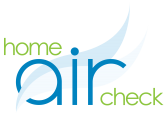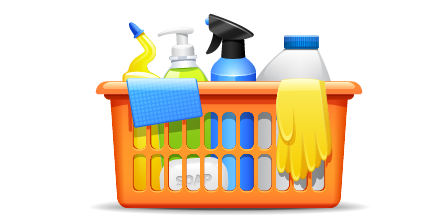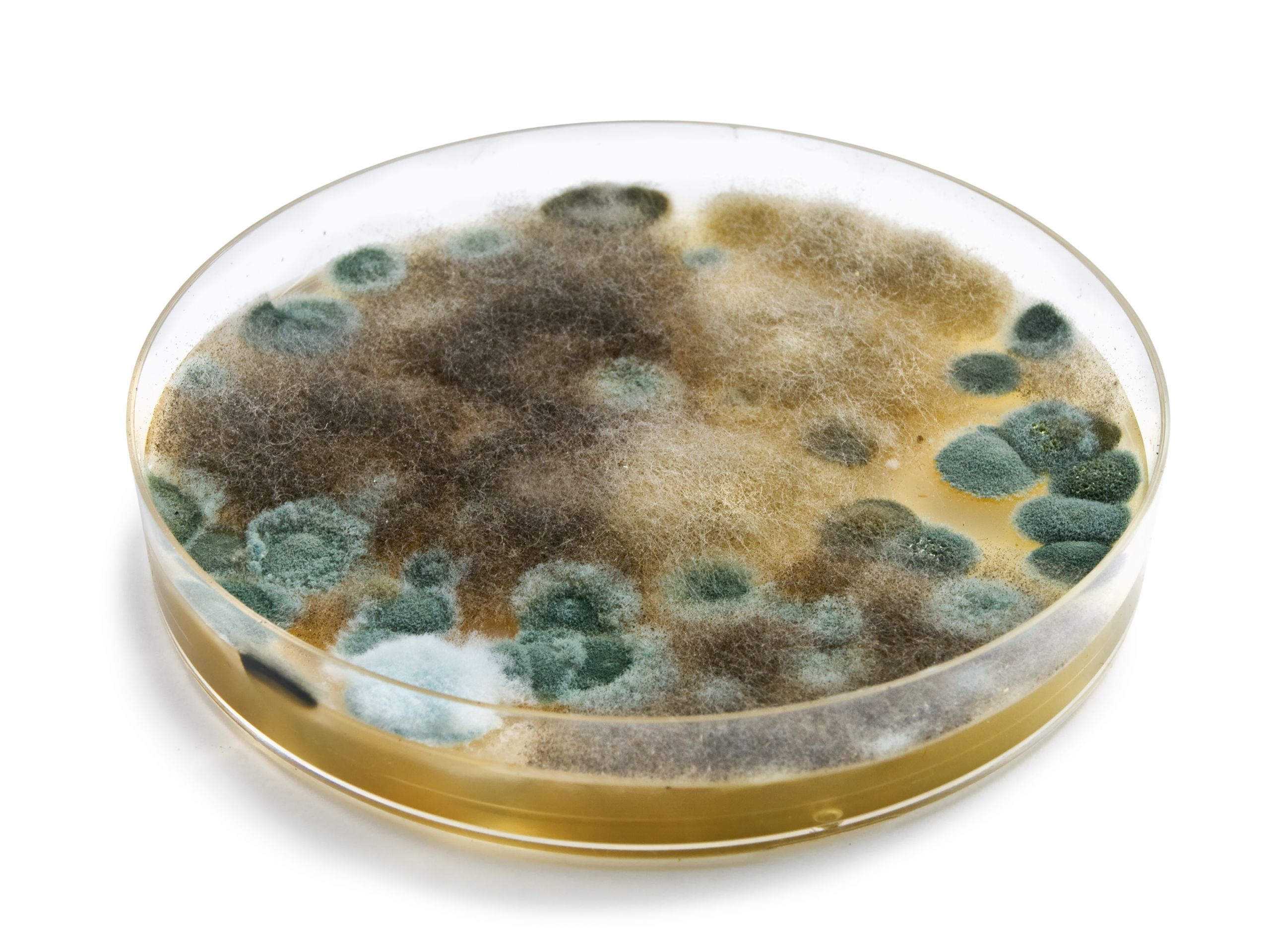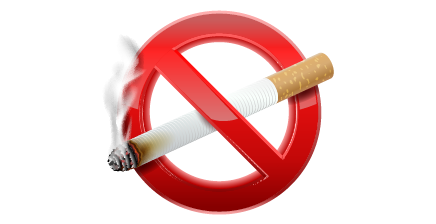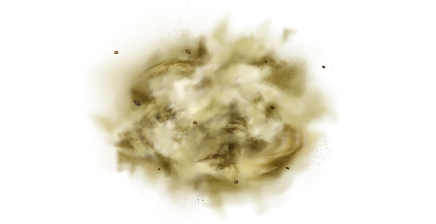Why Get Your Air Tested?
Indoor air pollutants are all around us
Your home’s air quality has as much to do with your comfort as it does your health. You may not be able to see them, but indoor air pollutants exist and they are all around you. Harmful chemicals and toxic agents can spread throughout the air in your home and begin to impact your health. And because it’s often invisible, you may not have considered testing for it. However, if you have allergies or asthma, or experience frequent headaches or nose irritation in your home, it’s time to discover the source of the problem to find a solution.
From dangerous mold to fumes from cleaning products, do you know what you’re breathing in at your home?
The causes of indoor air pollution vary from region to region, house to house and even room to room. Contaminated air trickles in from outside, but it also comes up from a smorgasbord of indoor sources like construction materials, consumer products, mold, insects and pets. Poor ventilation can let it accumulate to dangerous levels, a problem that often spikes in fall and winter as we seal up buildings to conserve heat.

Homes, Schools, and Offices
Some pollutants in the air are especially harmful for children, elderly people, and those with health problems.
Most of us spend much of our time indoors. The air that we breathe in our homes, in schools and in offices can put us at risk for health problems. Some pollutants can be chemicals, gases and living organisms like mold and pests.
Some pollutants cause health problems such as sore eyes, burning in the nose and throat, headaches, or fatigue. Other pollutants cause or worsen allergies, respiratory illnesses (such as asthma), heart disease, cancer and other serious long-term conditions.
Volatile organic compounds (VOCs)
VOCs evaporate into the air when some products are used or sometimes even when they are stored. They have low boiling points, causing them to “off-gas” lots of vapor even at room temperature.
Some VOC vapors cause short-term health issues like:
- eye, nose, and throat irritation
- headaches, loss of coordination, and nausea
- allergic skin reaction
- labored breathing
- fatigue
- dizziness
Mold Growth
Mold spores are literally everywhere; controlling moisture is the key to preventing their growth. Most molds cause human health problems, but our sensitivity varies, and no federal standards exist.
Symptoms may include:
- headaches
- dizziness
- nausea
- coughing, sneezing
- sore, itchy throat
Tobacco Smoke
There is no risk-free level of secondhand smoke exposure; even brief exposure can be harmful to health. It can cause cancer and serious respiratory illnesses. Children are especially vulnerable to secondhand smoke. It can cause or worsen asthma symptoms and is linked to increased risks of ear infections and Sudden Infant Death Syndrome (SIDS).
Symptoms may include:
- Ear infections
- More frequent and severe asthma attacks
- Respiratory symptoms (for example, coughing, sneezing, and shortness of breath)
- Respiratory infections (bronchitis and pneumonia)
- A greater risk for sudden infant death syndrome (SIDS)
Surface Dust
The average home collects 40 pounds of dust every year; and it isn’t just small particles of dirt. How much dust you have in your home depends on several factors including where you live, the season, how many people live in your home, whether you have pets, and even how you clean. Though dust itself is complicated, even to researchers who devote their time to studying it, getting rid of it is not. Read on to learn where dust comes from, the impact it has on your health, and how to make your home as dust-free as possible.
Symptoms may include:
- sneezing
- runny or stuffy nose
- red, itchy or teary eyes
- wheezing
- coughing
- tightness in the chest
- shortness of breath
- itching
